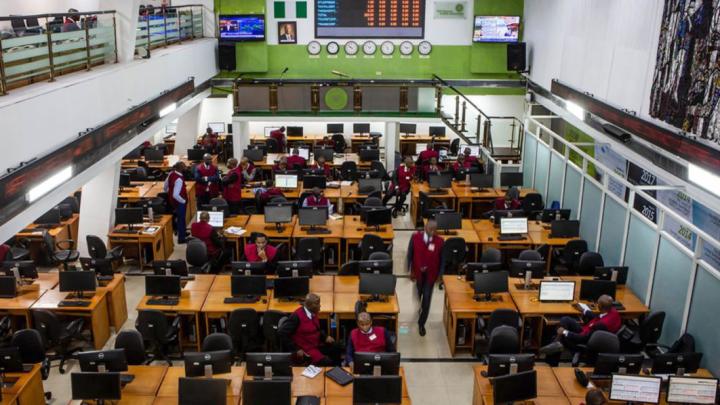The Nigerian equities market suffered another setback as bearish sentiment dominated trading, leading to a loss of N285 billion in market capitalization. The decline, driven by sell-offs in major stocks across key sectors, reversed the previous gains recorded earlier in the month and heightened concerns over investor confidence amid economic uncertainties.
The Nigerian Exchange (NGX) recorded a sustained downturn, with the All-Share Index (ASI) dropping significantly as blue-chip stocks faced increased selling pressure. Analysts attribute the losses to a combination of factors, including concerns over foreign exchange volatility, rising inflation, and profit-taking activities by investors looking to mitigate risks in an unpredictable economic environment.
Banking, manufacturing, and consumer goods sectors were the hardest hit, with major stocks experiencing declines in share prices. Investors have remained cautious amid tightening monetary policies and macroeconomic challenges, leading to reduced participation in equity trading. The persistent depreciation of the naira has further fueled market uncertainty, making foreign investments in the Nigerian stock market less attractive.

Despite the losses, some market analysts believe the downturn presents a buying opportunity for long-term investors seeking to acquire fundamentally strong stocks at lower prices. They argue that while short-term volatility remains a concern, the market could rebound once economic conditions stabilize and corporate earnings reports provide clearer insights into company performances.
The bearish trend highlights the fragility of investor sentiment in Nigeria’s financial markets, with many participants closely monitoring government policies and regulatory decisions that could impact market stability. Experts suggest that proactive fiscal measures and improved foreign exchange management could help restore confidence and drive renewed interest in equities.
As trading resumes, investors will be watching for signs of a possible recovery, while market analysts continue to assess the broader economic landscape. While the short-term outlook remains uncertain, the long-term prospects of the Nigerian stock market will largely depend on policy direction, economic stability, and investor confidence in the months ahead.
Support InfoStride News' Credible Journalism: Only credible journalism can guarantee a fair, accountable and transparent society, including democracy and government. It involves a lot of efforts and money. We need your support. Click here to Donate
